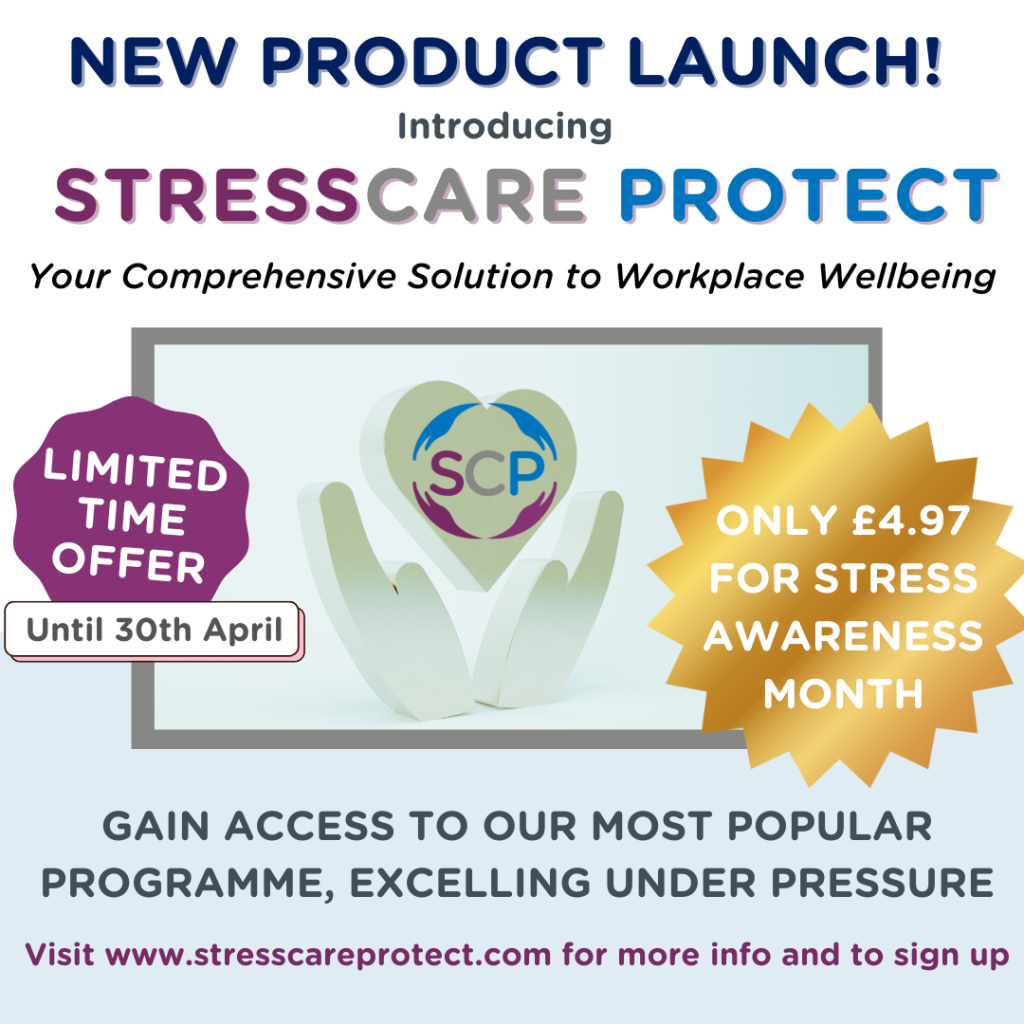UK economy faces £57bn annual bill, as nearly a month of productive work lost per employee, per year
Workplace stress is causing organisations to lose 24 days of productive time per employee each year, with some industries losing up to 27 days, a study has found.
The combination of an average of five days of sickness absence for stress-related illness per year, and the time employees say they have lost through reduced productivity, suggests that the economy could stand to lose £57bn a year through work-related stress.
Some industries were found to be more greatly affected, with healthcare and financial services losing 27 and 25 days per year, per employee respectively.
The study, by VitalityHealth, Mercer, the University of Cambridge and RAND Europe, found that the high-tech sectors were least affected, but still lose a yearly average of 19 days of productivity per employee.
The research found some correlation between activity levels and productivity. While physical activity levels in the financial services industry were found to be in line with the national average (64 per cent), 62 per cent of employees in the healthcare sector were found to be in the healthy range for activity levels.
Workers in high-tech professions – who were also the least stressed – were found to be the most physically active, with 72 per cent of employees in the healthy range for activity levels.
Alcohol consumption, poor diet and smoking have long been identified as having a significant impact on long-term health, but work-related stress and a lack of physical activity have been creeping up the agenda in recent years.
Two-fifths of respondents to the CIPD’s Absence Management 2015 report said stress-related absence in their organisation had increased over the past year. While ‘leaveism’ – the practice of taking holiday instead of sick leave, or using annual leave to complete work at home – has been identified as the biggest modern day threat to employee wellbeing.
Neil Shah, chief de-stressing officer at the Stress Management Society, said UK employers are also increasingly having to contend with presenteeism: “I would suggest that presenteeism probably costs us up to three times as much as absence does. Ultimately, a lot of people will soldier on, even if they are not fit to work, whether that is through physical poor health or mental poor health.”
He suggested measuring whether staff’s productivity, efficiency, output and health and safety incidents are in the expected parameters. And while HR should be assisting managers with staff support, it should not be the first port of call.
“Essentially you should start to build a culture of wellbeing and a community of managers who have the skills and confidence to be able to recognise and tackle these issues. All too often, these challenges are left to HR to sort out, but HR should be a support function for managers, not the first line of support,” he said.
Shah advised putting resources in place such as an employee assistance programme and ensuring policies and procedures are effectively communicated, “so that people know the support exists and what they can use it for”.


